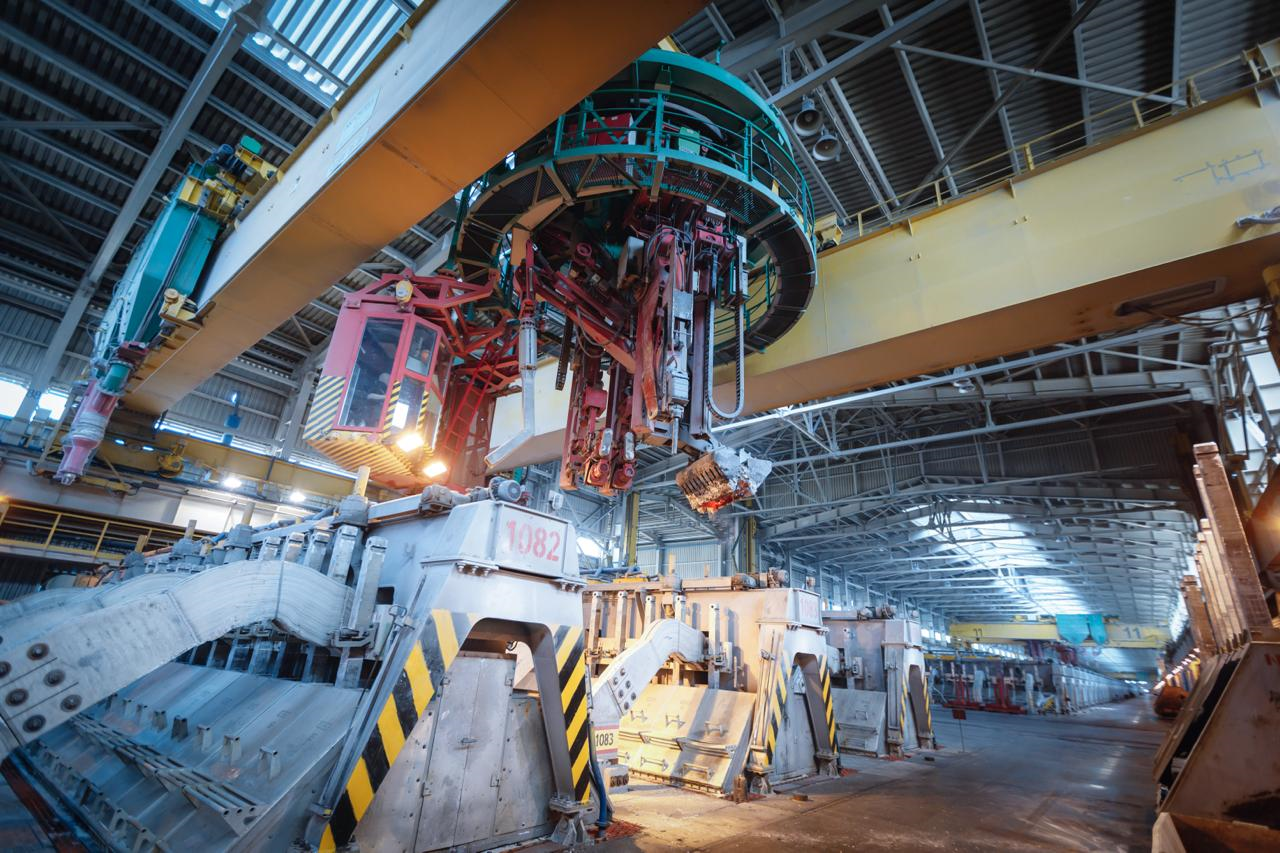

RUSAL, one of the world's largest aluminium producers, is set to implement machine vision technology to monitor electrolysis workshops at five aluminium smelters.

The investment in this project, led by RUSAL's highly skilled specialists, will total approximately 1.6 billion rubles. This initiative, the first large-scale application of artificial intelligence in RUSAL's aluminium production, is a testament to their expertise and the company's commitment to technological advancement.
By 2027, the machine vision monitoring technology will be integrated into the electrolysis workshops of the Krasnoyarsk, Bratsk, Novokuznetsk, Irkutsk, and Volgograd aluminium smelters of RUSAL, an investment estimated at $17.5 million.
"The technology was developed by specialists from the RUSAL Engineering and Technology Center (RUSAL ETC) and will be the first example of applying artificial intelligence on an industrial scale in RUSAL's aluminium production. It has proven its effectiveness during pilot operation in two electrolysis workshops of the Krasnoyarsk aluminium smelter (KrAZ), where it reduced the downtime for electrolyser sealing by half compared to personnel monitoring during scheduled inspections," said RUSAL's Technical Director Viktor Mann.
These five aluminium smelters, which already utilise RUSAL's EcoSoderberg technology known for its significant reduction in environmental impact, are now implementing machine vision monitoring. This promises further environmental improvements in electrolysis processes, a development that underscores RUSAL's commitment to sustainable production.
"The implementation of the technology at the KrAZ workshops will be completed soon, and simultaneously, we are starting the design process for BrAZ and other smelters, with smelters to complete the replication of this system by 2027. The essence of the technology is that machine vision models, through specialised cameras, continuously detect breaches in the tightness of the electrolysers and alert the operator. The pilot project was developed in 2018-2020. During that time, we trained the neural network for hundreds of hours on video to recognise cases of seal breaches, such as smoke, and distinguish them from flashes of technological transport, sun flares, reflections, and ladles with molten metal. At the same time, we began developing AI-based systems for other production processes," noted Mikhail Grinishin, Director of Production Automation at RUSAL ETC.
Furthermore, this technology, which has already proven its effectiveness in reducing downtime and improving operational efficiency, received the prestigious national 'Leaders of Artificial Intelligence' prize in 2023. This recognition underscores its significance and the industry's confidence in its potential.



Responses






